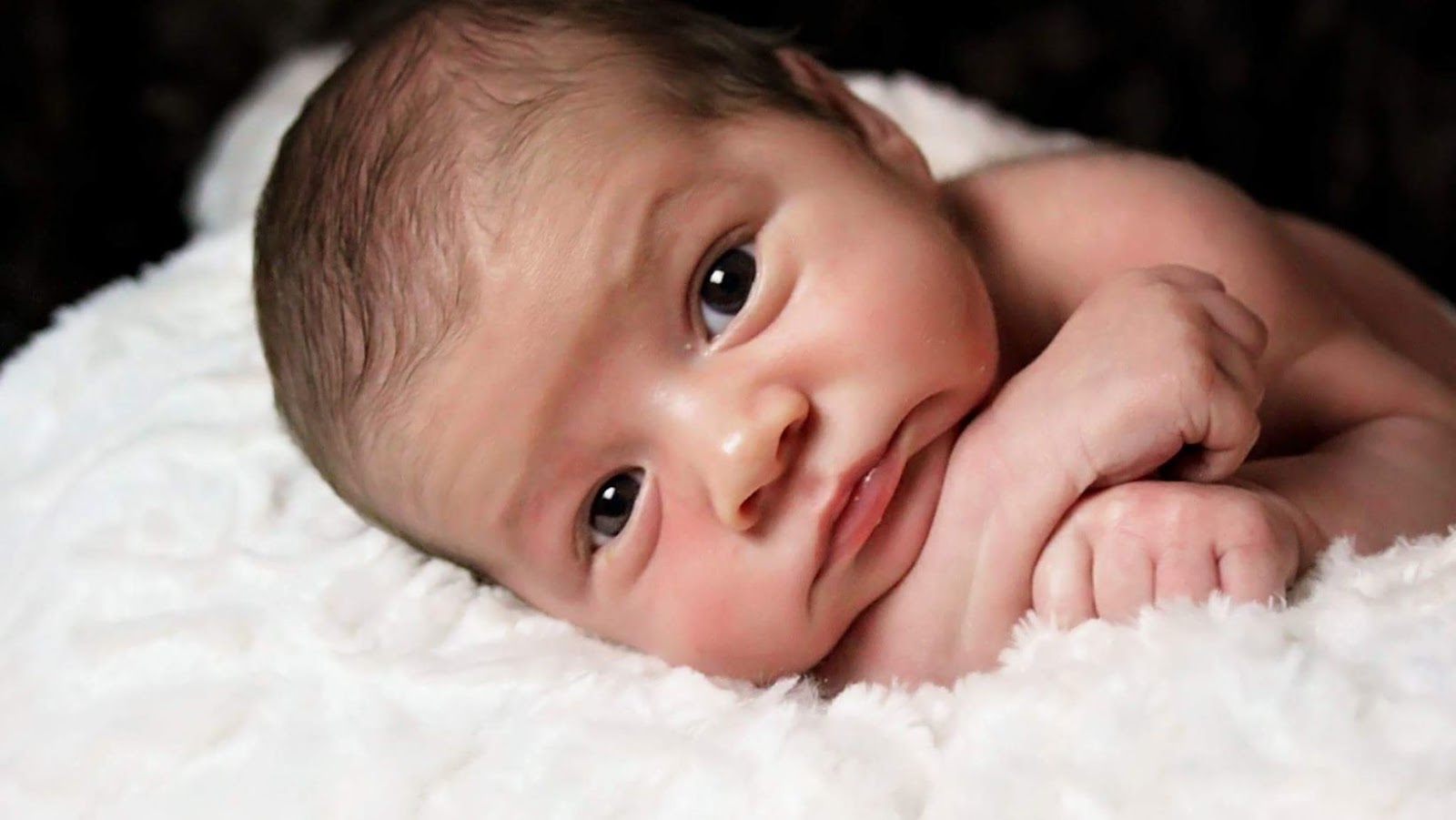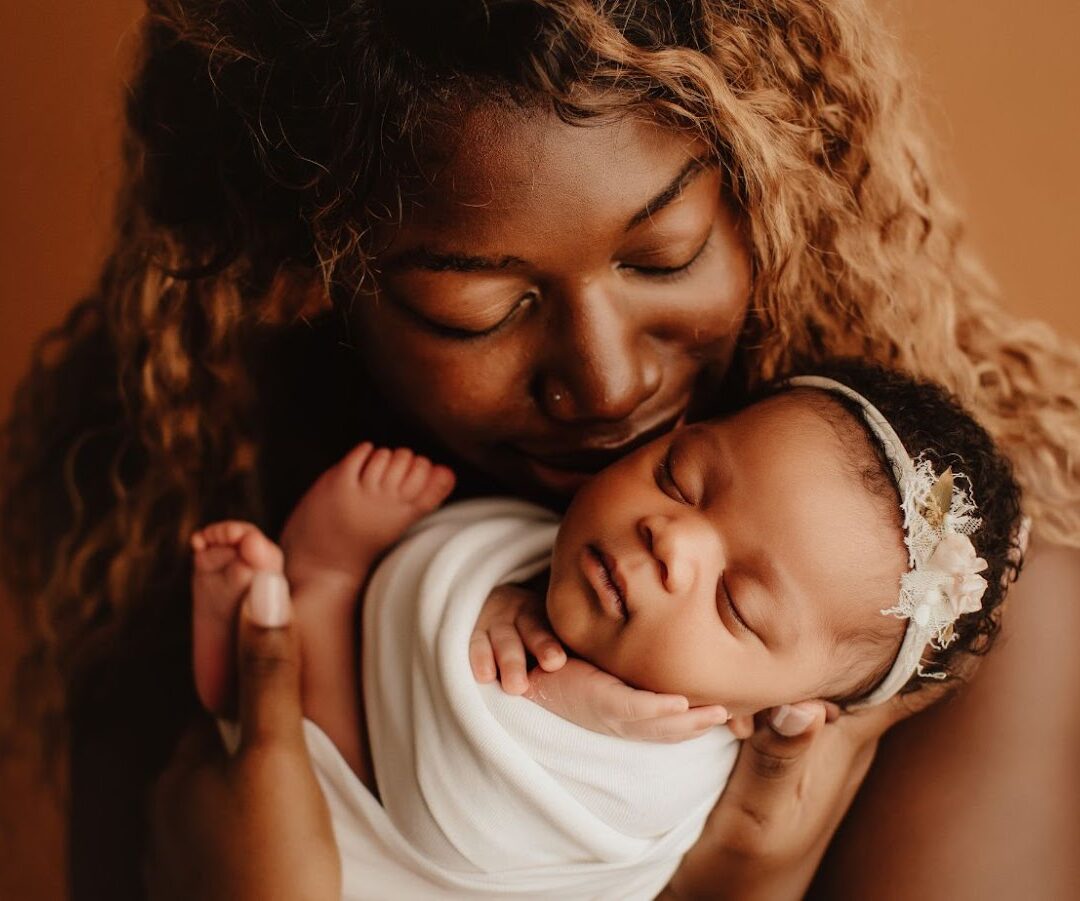Bringing a newborn home is exciting and joyous, but it can also be overwhelming, especially for new parents. Keeping your newborn healthy is a top priority, and it’s important to take steps to ensure their well-being.
Caring for a newborn can be challenging, from caring for their nutrition to catering to their needs and protecting them from infections and harmful diseases. Newborns are more susceptible to illnesses and infections, and it’s crucial to take steps to ensure their well-being.
While it’s natural to have concerns about your baby’s health, you can do many simple things to help keep your newborn healthy. Scroll down to find some useful and simple tips for keeping your newborn healthy to ensure your baby gets the best start in life.
Watch for Signs of Illness
Newborns have an immature immune system, which makes them more vulnerable to catching infections and diseases. Since they cannot communicate their discomfort, you must stay vigilant for any signs of sickness. Observe your newborn’s behavior and physical condition closely. Be aware of symptoms like fever, lethargy, or lack of appetite as they signal a possible infection or disease. If you observe any deviation from their usual routine, it’s advisable to seek medical help right away.
Severe symptoms such as reduced responsiveness, limp arm, and partial or complete paralysis can be signs of serious health conditions like Erb’s Palsy, particularly if your child suffered any injury during childbirth. Erb’s Palsy is often a result of medical negligence on the part of healthcare professionals during the delivery procedure. If you think your child suffered from this condition due to medical malpractice, you should learn more about the legal process and file a lawsuit. In such circumstances, you should seek early medical intervention such as physical or occupational therapy, surgery, and medication to help keep your baby’s muscles fit and recover from partial or complete paralysis.
Wash Your Hands Frequently or Use Sanitizer
Engaging in practices as basic as washing your hands is one of the simplest yet most effective ways to keep your newborn healthy, happy, and blooming. Since newborns have weak immunity and are sensitive to infections, it’s your responsibility as a parent to keep your hands clean when handling your baby or any of their belongings. Wash your hands thoroughly with soap and warm water for at least 20 seconds, or sanitize your hands before touching your baby. If your baby needs skin-to-skin contact, make sure you bathe thoroughly beforehand.
Prefer Breastfeeding Over Bottle
Nutrition is perhaps the most important aspect of newborn care. Every parent wants to ensure their newborn receives all the necessary nutrients for healthy growth and development. Breast milk is highly recommended for newborns as it provides the ideal nutrition for their development and contains antibodies that can help protect them from infections. It naturally has the perfect balance of carbohydrates, fats, and proteins necessary for your child’s optimal growth. Seeking help from a lactation consultant can also be beneficial if you encounter any issues with breastfeeding.

If breastfeeding is not an option, you can opt for formula feeding, which is also a safe alternative. Choose a formula milk that suits your baby’s needs and ensure that you follow the recommended guidelines for feeding. Keep all the bottles and other feeding equipment clean and sterilized to prevent infections.
Bond with Your Baby
Nothing more beautiful than holding your little one in your arms. Bonding with your newborn is a special experience that creates a deep emotional connection between you and your precious little human. More importantly, bonding contributes to your baby’s emotional and physical growth.
Skin-to-skin contact, cradling, gentle stroking, and massaging your baby are some of the easiest ways to bond with your baby. It stimulates your baby’s growth and development and helps build a strong parent-child connection. If your baby is getting fussy, try to soothe them by singing or reading aloud while rocking them gently. Swaddling your baby is another way to soothe a crying baby, make them feel secure, and prevent them from getting startled.
Keep the Environment Clean
Newborns are more sensitive to their environment, so keeping their surroundings clean and hygienic is important. Keeping your home free from dust and regularly washing your baby’s clothes, bedding, and toys is essential in keeping germs at bay.
Make sure there are no signs of mold in your home and it’s not too humid indoors. Mold and humidity contain mycotoxins that affect your newborn’s lungs, mucus membranes, and sinuses and cause various health problems, including problems with brain metabolism, asthma, bronchitis, and other physical and mental health issues. Maintain a clean and allergen-free home and ensure proper ventilation is provided in your home. Keep the house clean by vacuuming everything so that dust particles don’t float in the air and stick to everything.
Follow the Recommended Vaccination Schedule
It’s important to make sure your baby gets all the recommended vaccinations on schedule. Whether it’s the first HepB shot or other immunizations each month, these vaccines protect your little one from dangerous diseases and infections that can be life-threatening.

By following the recommended vaccination schedule, you’re taking an important step to help keep your baby healthy and safe. Your healthcare provider can give you more information about which vaccines your baby needs and when they should receive them. Don’t hesitate to ask any questions you may have, and keep track of your baby’s vaccination records so you can stay on top of their healthcare needs.
Avoid Exposure to Sick People
When it comes to keeping your newborn healthy, one of the most important things is to avoid exposing them to sick people, especially during their first few weeks. Sick people can easily pass harmful germs to your baby, so it’s important to ask anyone visiting to wash their hands and stay away if they’re feeling under the weather. If you or anyone in your household is ill, take extra precautions to prevent the spread of germs.
Keep Your Baby Away from Smoke
Secondhand smoke can cause health problems for babies, including respiratory infections and sudden infant death syndrome (SIDS). It’s important to keep your baby away from smokers and avoid smoking around them. It’s also essential to keep your baby’s environment clean and free from harmful pollutants that could affect their delicate lungs. Exposure to air pollution and other toxins can lead to respiratory issues, allergies, and other health problems in newborns. So, it’s best to keep your home smoke-free and limit your baby’s exposure to harmful pollutants.
Wrapping Up
Taking care of a newborn can be challenging, but following these simple tips can help keep your baby healthy and happy. Remember to consult with your pediatrician on any concerns you have about your baby’s health. Taking these steps can give your baby the best start in life.



